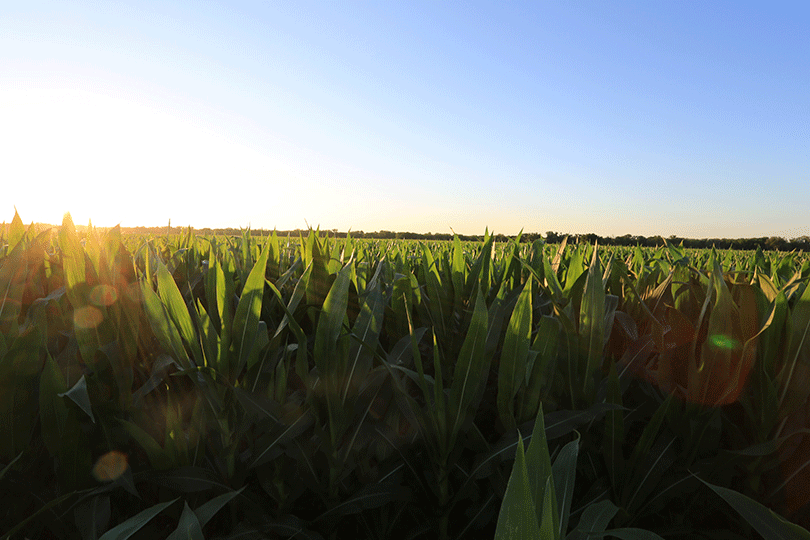By Justin Walker
Communications Specialist
The U.S. Department of Agriculture’s (USDA) National Institute of Food and Agriculture (NIFA) is allocating $17.7 million to assist beginning farmers and ranchers.
The funds are available through the Beginning Farmer and Rancher Development Program (BFRDP), which was established by the 2014 Farm Bill.
The funds will support the delivery of training, education, outreach and technical assistance programs to new farmers and ranchers.
“BFRDP helps beginning farmers and ranchers improve their success in farming, ranching and management of nonindustrial private forest lands,” NIFA Director Sonny Ramaswamy said in a statement. “NIFA funds support projects that give beginning farmers the knowledge, skills and tools needed to make informed decisions for their operations and to enhance their profitability and sustainability.”
Beginning farmers and ranchers are defined as those who have not operated a farm or ranch or who have not operated a farm or ranch for more than 10 years.
Portions of the funds are set aside for two groups within the beginning farmers and ranchers. At least five percent of the funds allocated will address limited resource needs, socially disadvantaged and farm workers looking to become a new farmer or rancher. At least another five percent will assist military veterans who are also beginner farmers and ranchers.
In previous years, several Texas institutions and organizations have received funds from BFRDP to help with the development of Texas farmers and ranchers.
In 2015, Prairie View A&M University received a grant for more than $591,000 to establish model farms to serve as training sites, provide scale-appropriate instruction and experiential training and develop a beginning farmer and rancher database.
In 2016, Texas A&M University received $600,000 in funds to help veterans gain access to land in an effort to start their own agricultural businesses. The program also helped train and educate veterans how to most effectively manage their new businesses.
For more information on BFRDP, click here.

